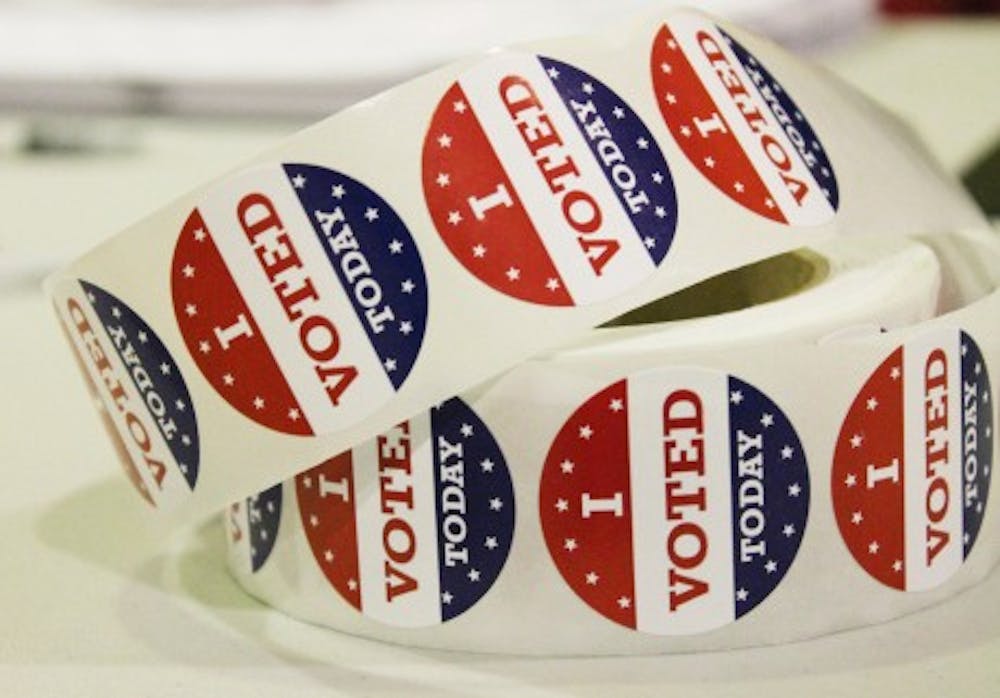As it stands, North Carolina voters will not be required to show photo identification through at least the March 3 primary election.
N.C. voters approved a referendum in 2018 that would amend the N.C. constitution to bolster voter ID requirements. The referendum was codified by the Legislature in Senate Bill 824, which went into effect on Dec. 5, 2018.
Gov. Roy Cooper vetoed the bill, but the General Assembly overturned his decision and codified the bill into law, requiring all voters to show an approved form of photo identification in order to cast an absentee ballot or vote in person.
The day after Cooper's veto was overturned, the North Carolina State Conference of the NAACP and other branches throughout the state filed a lawsuit regarding the amendment against Cooper and members of the North Carolina State Board of Elections, claiming it will have a negative impact on minority voters and decrease the voting strength of minorities.
Diane Robertson, the political action co-chair for the Chapel Hill-Carrboro NAACP, said it was important for her branch of the NAACP to be involved because she said the amendment is an act of voter suppression.
“We saw this as a way of keeping certain people from voting. Voter ID tends to impact the people who have the least resources,” Robertson said. “The requirement to get the kinds of ID that the state was mandating in itself was a barrier. We got involved in this suit because of the history of fighting for voting access. This was imperative that we oppose any effort to prevent people from voting.”
U.S. District Court Judge Loretta Biggs issued an injunction preventing the state from implementing the new law at least through the March 3 primary election and until the lawsuit is settled.
“With the 2020 primaries on the horizon, there is some risk that a preliminary injunction could add to confusion, thereby threatening an effective roll-out should the law later be declared valid,” the ruling stated. “However, the far greater risk is that a law enacted with discriminatory intent, the effects of which are likely to be disproportionately borne by minority voters, be allowed to operate.”
In a released statement, North Carolina House Speaker Tim Moore, R-Cleveland, condemned the injunction and called for an appeal.



